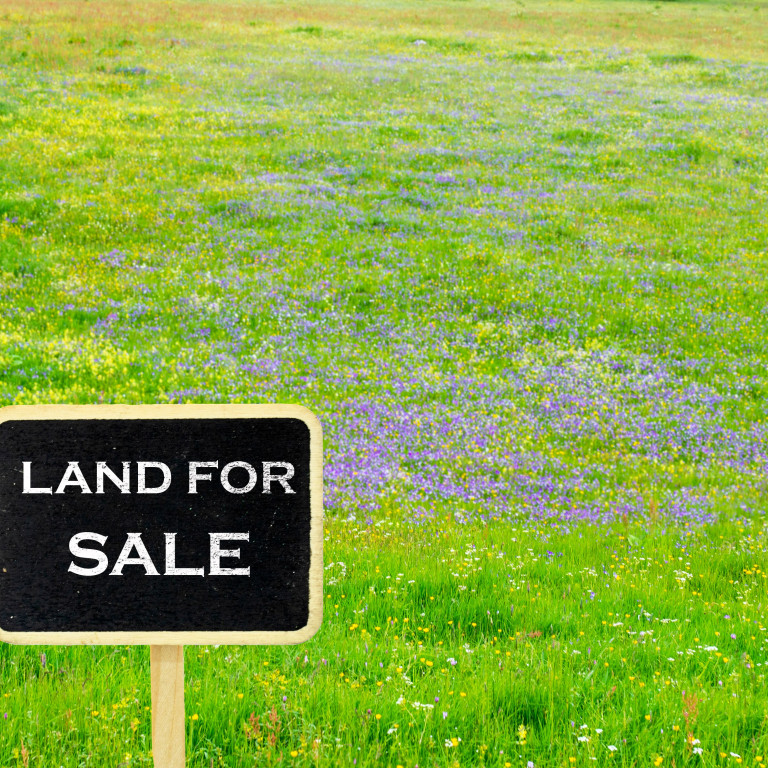A concern for a property owner with vacant land and buildings is the possibility of third parties taking up residency on that land or within a building.
What are adverse possession and squatter's rights?
If a squatter is not removed quickly, they could acquire legal ownership under occupation for some time. This is known as ‘adverse possession’ or more commonly, ‘squatter’s rights’.
Adverse possession is based on the principle that if the property owner does not evict squatters from their property or land within a certain time or interrupt their use of the land, they could lose the legal ownership of that land to the squatter. The period applicable here is years, rather than weeks or months, so – thankfully for property and land owners - most squatters are legally evicted long before the problem arises.
How can someone take legal ownership?
To be granted legal ownership of a piece of land or property, an application has to be made to the Land Registry by the person claiming ownership. The applicant must provide evidence that he or she (or a succession of previous ‘squatters’) have occupied the property continuously for 10 years. If the land is unregistered, then the minimum period extends to 12 years.
Applicants will also need to show that they (or any previous squatters) have behaved as if they were the owners of the relevant land for all of that time without the permission of the landowner. The key aspects to show are factual possession of the land and an intention to possess the land.
What about the actual landowner’s rights?
There are things landowners can do to stop this from happening. The most obvious is to apply for a legal eviction before the question of adverse possession arises. The first thing to do is to get an Interim Possession Order (“IPO”) or make a claim for possession.
An IPO can be applied for at the local county court after the squatters have been present for 28 days. The court will then provide documents that must be given to the squatters within 48 hours of receipt.
Squatters then have 24 hours to leave the property and must stay away from it for 12 months. This will effectively negate any chance of them applying for adverse possession, as it is seen as an interruption of their occupancy of the property or land.
If the legal owner of the property physically prevents the squatter from occupying it, then they can effectively ‘stop the clock’ on the 10 years. This could be through erecting a barrier or fence, locking and barring a building, or repossessing the property (see above).
If, however, nobody objects to the application then the registration may go through unchallenged. It is therefore extremely important to ensure that addresses on the Land Registry title are accurate because if they are not, you may never receive notice of the application and could find the property has been taken out of your hands without being involved in the process.
Find out more
Adverse possession is nearly always contentious and usually challenged by the legal landowner, so cases are rarely seen all the way through to fruition. In the vast majority of cases, the legal landowner will apply to evict the squatters long before they have any chance of applying for adverse possession, so the legend of ‘squatter’s rights’ is perhaps somewhat overstated. However, if you are thinking about applying for adverse possession, or are a landowner who is dealing with squatters then the best advice is to talk to a property law expert as soon as possible.





